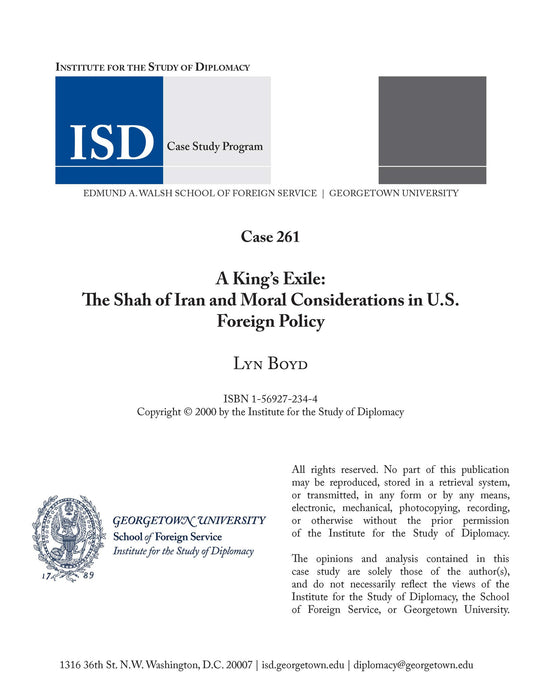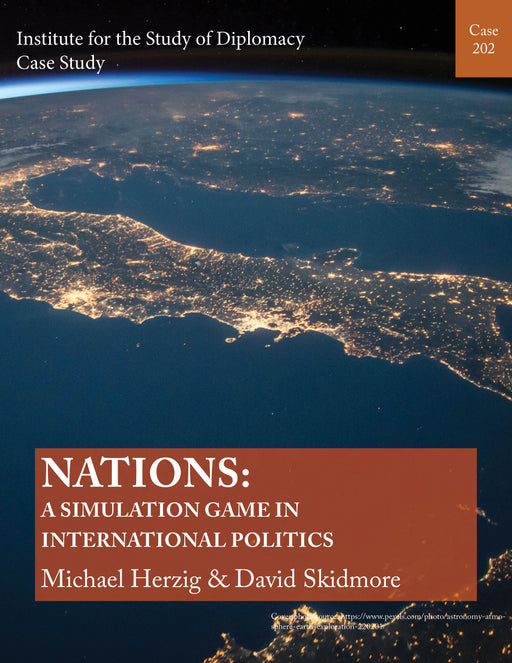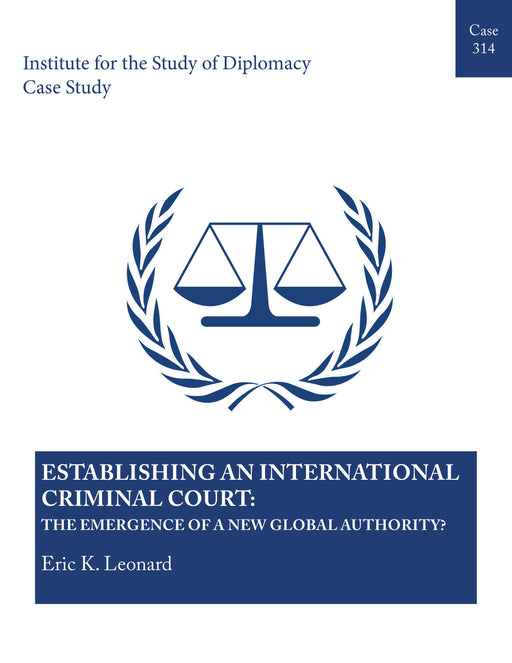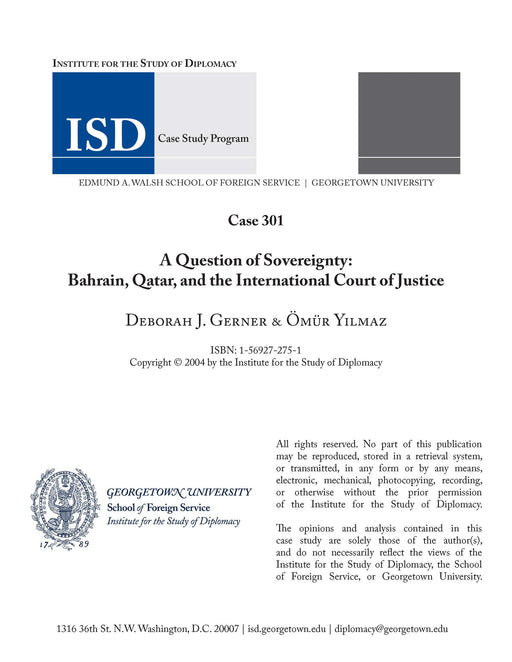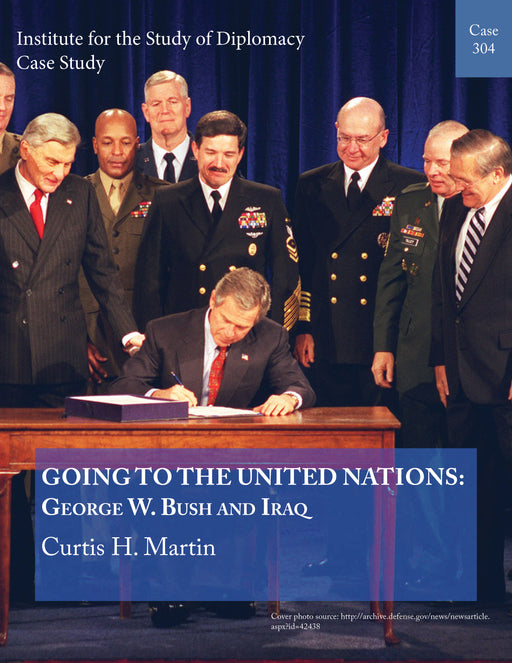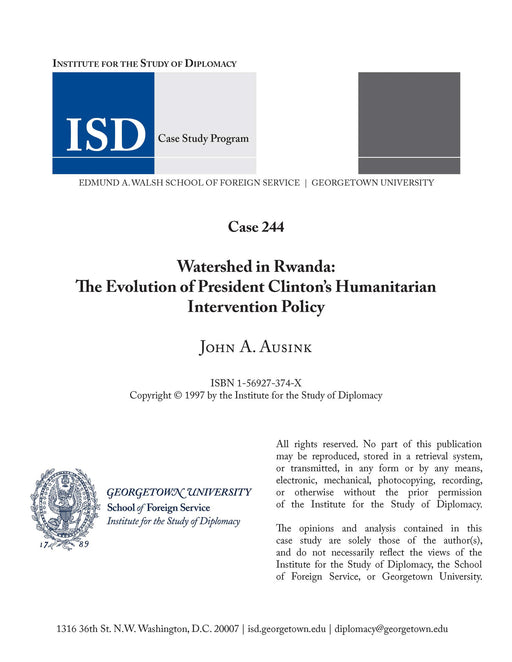Case 261 - A King's Exile: The Shah of Iran and Moral Considerations in U.S. Foreign Policy
Boyd, Lyn
This case study tells the story of the shah of Iran’s exile from his departure from Iran until his death in Egypt 18 months later. His search for asylum raises issues of the moral and political responsibilities of allies, as well as domestic concerns and potential repercussions for the countries that briefly accepted him. The case primarily explores foreign policy decision-making in the executive branch of the U.S. government, with a particular emphasis on ethical decision-making and its relation to the national interest. Emphasis is given to the decisions that resulted in the Iranian seizure of the U.S. embassy in Tehran following the shah’s entry to the United States.
The case suggests four areas for class discussion: the difficulty of applying moral criteria to foreign policy decisions; the importance of the individual level, both within White House deliberations and between state leaders, in the decision-making process; how, and to what extent, domestic pressures mold foreign policy options; and the international considerations relevant to each stage of the shah's exile. It is designed for courses in foreign policy or international relations. Though its emphasis is on decision-making, the case lends itself very well to a discussion of the levels of analysis, and the place of ethics in foreign policy. In addition, it offers an opportunity for students to apply critical analysis from the perspectives not only of U.S. decision-makers, but also a range of international political participants at different points in time.
This case could usefully be paired with “The Fall of the Shah of Iran” (Case Study 120). In addition, “The Fall of Marcos: A Problem in U.S. Foreign Policymaking” (Case Study 173) covers a similar dilemma.

